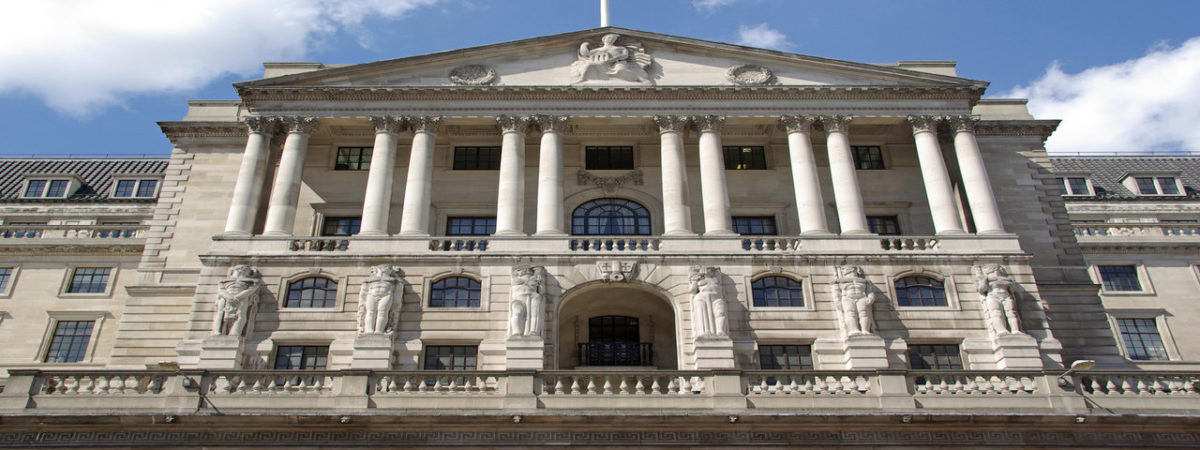Stakeholder capitalism and the free-rider problem
SUGGESTED



One is compelled to point out that there is no contradiction between the shareholder value maximisation which Milton Friedman notably championed, and the compensation policy of Juno as Mattin relates it. If higher pay will elicit higher productivity and an oversupply of willing drivers from whom Juno can pick the best – what is known in economics as efficiency wages – then paying drivers more can actually raise returns for shareholders and thus be the optimal policy, quite apart from its effect on the welfare of drivers. Likewise, stock-based compensation is a well-established practice to align the incentives of workers and owners, and to allow for a wage bill that varies with the business cycle and becomes less onerous in bad times, thereby inducing fewer layoffs than would otherwise be the case.
But even if we take Mattin’s contention on its own terms, does it stand up to scrutiny? He posits that stakeholder capitalism – which, allegedly and unlike shareholder capitalism, does not seek to only maximise shareholder returns but also to increase the welfare of employees, the environment, local communities, and so on – is winning out. Should we expect stakeholder-oriented firms to gradually become dominant in their respective sectors, and those focused on consumers and owners to decline?
Economic theory and recent experience suggest otherwise. Many of us feel good – derive utility, an economist would say – knowing that the people serving us are well-paid, the ingredients or components sourced locally, the businesses embedded in their communities, the profits partly allocated to charitable causes, and so on. But, if acting in this way implies a deviation from value maximisation in the Friedmanite sense, then it has to be that acting in this way is costlier. And it has to be that someone is paying the cost. Furthermore, since investors have many alternatives from which to choose when they allocate their capital, they are unlikely to settle for a lower rate of return – which means that the people most likely to bear the cost are consumers, in the form of higher prices.
Are most consumers willing to pay the higher cost? Across a range of sectors, from airlines – Ryanair – to supermarkets – Tesco, Lidl – to transport – Uber – and furniture – Ikea – the dominant player tends to be no-frills, value-for-money suppliers. Not only that, but the spur to lower costs appears to be the salient driver of product and process innovations across the economy. On many occasions, lower costs are also accompanied by perceptibly improved customer service – especially when the industry in question has long been stymied by regulation, as in the case of Uber – but lower prices dominate.
What we have here is an instance of the free-rider problem: we all want businesses to be run ‘ethically’ – in the disputable sense of maximising stakeholder welfare – but if the tradeoff is against lower prices, we would rather have the lower prices. We are happy when someone else bears the cost, but we will not do so ourselves. Which can only lead to the conclusion that no, stakeholder capitalism is not likely to vanquish over shareholder-, consumer-oriented capitalism any time soon.
There can of course be – and, across many sectors, there is – a niche in the market for costlier products and services whose selling point is precisely its supposedly more ethical behaviour. But beware of the rosy picture painted by their proponents. Food sourced locally may put poor farmers in developing countries out of business; clothes not made in sweatshops hardly help those working in sweatshops if their sole alternative is to toil in the fields for a meagre yield; efficiency wages are no consolation to those prospective Juno drivers who will never be employed by it thanks to the oversupply of labour induced by higher pay.
Most significantly, if the government tries to enforce ‘ethical’ practices of this sort by making them compulsory – such as with a statutory living wage, trade barriers or the imposition of strict labour standards on poor countries – not only will some workers be hurt, but domestic consumers will be forced to pay higher prices. Indeed, it is as consumers that we – the poorest among us in particular – are most often short-changed. And, since what we care about is not the nominal value of our pay slip but its purchasing power, there is no gain from higher pay if the increase is all eaten up by higher prices.
Recommended further reading: ‘Hire authority. Turning statutory regulation into private regulation for the UK’s taxi industry‘ by Diego Zuluaga and Kristian Niemietz.
2 thoughts on “Stakeholder capitalism and the free-rider problem”
Comments are closed.





Kate Andrews remarked about the SNP being worthless on Question Time . Just to remind her they are the elected party of Scotland. We have 56 SNP members represented at Parliment in Westminster.If she is to make comments without facts and claims to be an expert in economic affairs she should stop listening to her prefered Tory Party check out the true facts outwith the media. They are so popular in Scotland because they are the caring, honest, listening party with policies that make Scotland a better place to live.
The Tories dont want us to leave because of the wealth that they suck out odf Scotland down to Westminster.
Good day! Would you mind if I share your blog with my twitter group? There’s a lot of folks that I think would really appreciate your content. Please let me know. Thank you